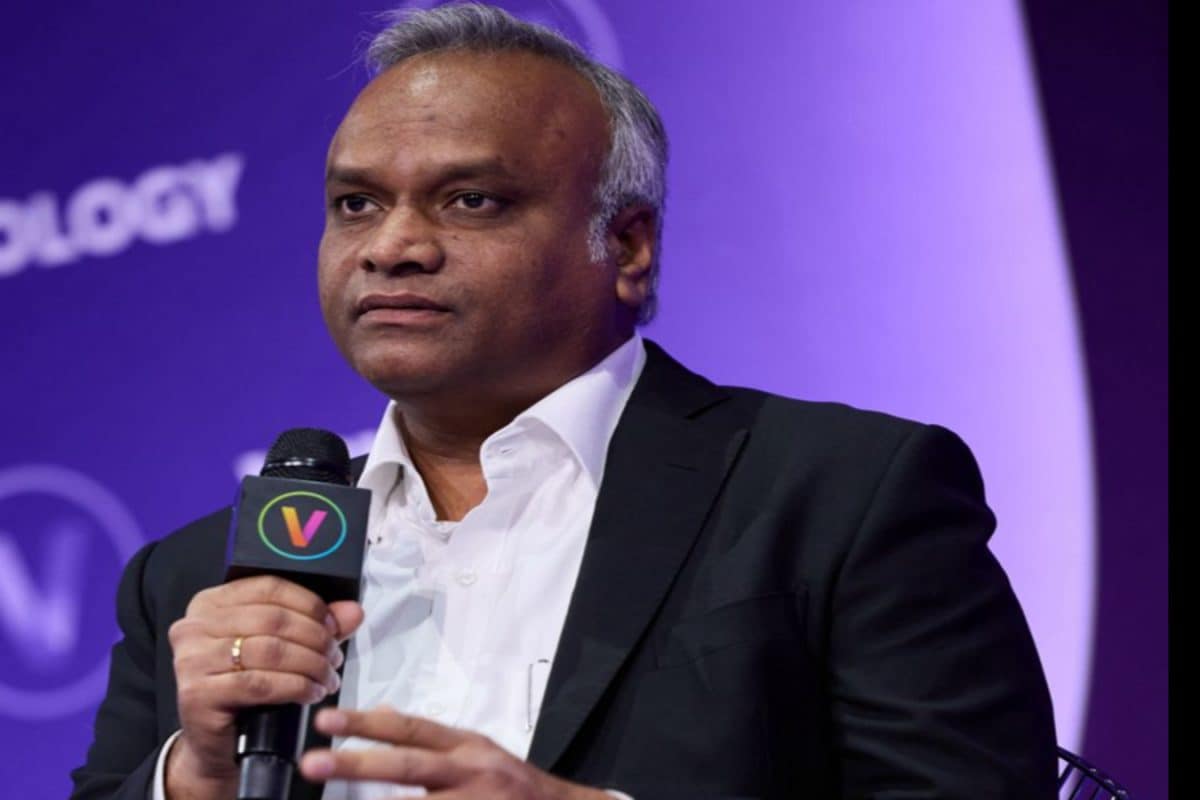

Karnataka Minister for Information Technology and Biotechnology, Priyank Kharge, has been denied clearance to travel to the United States for a scheduled official visit. The Minister, who was slated to lead delegations to two significant events – the Boston Bio 2025 and the Design Automation Conference in San Francisco – has expressed his intent to seek an explanation from the central government regarding the denial.
Kharge, who is also the son of Congress chief Mallikarjun Kharge, was in Paris attending a conference and the aeroshow, from where he was expected to travel to the US with his team. However, the necessary clearances did not materialize, compelling him to return to India instead. He conveyed his response via a post on X, formerly Twitter, stating that he would refrain from making any public statements until he returns to Bengaluru and seeks a clear explanation from the Government of India concerning the denial.
Sources close to Kharge have indicated that he possesses a valid US visa, suggesting that the issue lies with the Ministry of External Affairs (MEA) clearance required for official visits. The precise reason for the MEA's denial remains unclear, although it is anticipated that the matter could escalate into a political contention between the ruling Congress government in Karnataka and the central government.
The Design Automation Conference, an event of global importance for the semiconductor and electronics industries, is particularly relevant for Karnataka, given Bengaluru's status as India's IT capital. Similarly, the BIO International Convention is a major event for the biotechnology sector, bringing together industry leaders from across the globe. Kharge's presence at these events was considered crucial for representing Karnataka's interests and promoting its technological capabilities.
In light of these developments, Kharge has stated his intention to address the issue upon his return to Bengaluru. The nature of the explanation he seeks from the central government remains to be seen, but it is expected to shed light on the reasons behind the denial of clearance and the potential implications for future official visits by state government representatives.